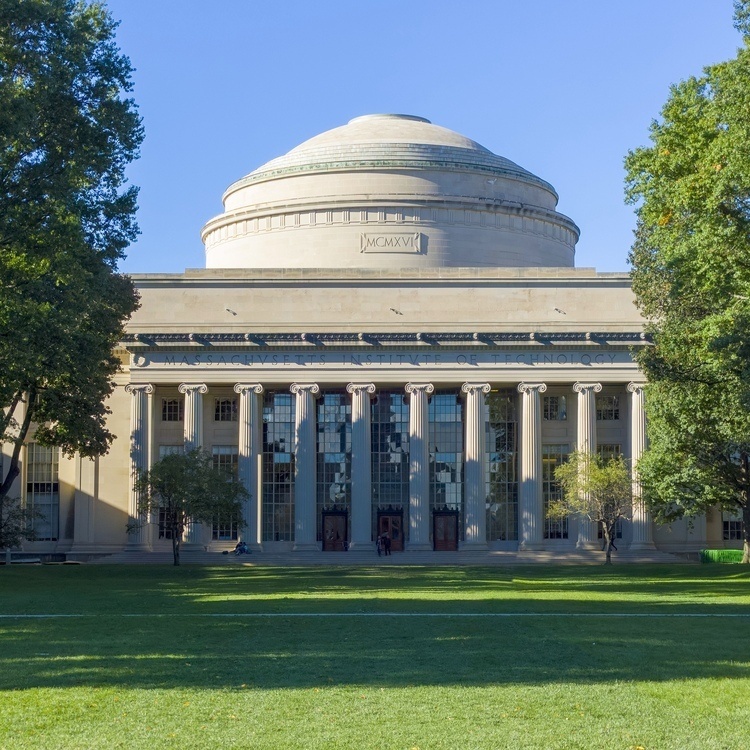
NeuroLunch: Adam Eisen (Miller / Fiete Labs) & Nader Nikbakht (Fee Lab)
Description
Adam Eisen: Propofol anesthesia destabilizes neural dynamics across cortex
Abstract:
Every day, hundreds of thousands of people undergo general anesthesia. One hypothesis is that anesthesia disrupts dynamic stability—the ability of the brain to balance excitability with the need to be stable and controllable. To test this hypothesis, we developed a method for quantifying changes in population-level dynamic stability in complex systems: delayed linear analysis for stability estimation (DeLASE). Propofol was used to transition animals between the awake state and anesthetized unconsciousness. DeLASE was applied to macaque cortex local field potentials (LFPs). We found that neural dynamics were more unstable in unconsciousness compared with the awake state. Cortical trajectories mirrored predictions from destabilized linear systems. We mimicked the effect of propofol in simulated neural networks by increasing inhibitory tone. This in turn destabilized the networks, as observed in the neural data. Our results suggest that anesthesia disrupts dynamical stability that is required for consciousness.
Nader Nikbakht: Thalamocortical dynamics in a complex learned behavior
Abstract:
Performing learned behaviors requires animals to produce precisely timed motor sequences. The underlying neuronal circuits must convert incoming spike trains into precisely timed firing to indicate the onset of crucial sensory cues or to carry out well-coordinated muscle movements. Birdsong is a remarkable example of a complex, learned and precisely timed natural behavior which is controlled by a brainstem-thalamocortical feedback loop. Projection neurons within the zebra finch cortical nucleus HVC (used as a proper name), produce precisely timed, highly reliable and ultra-sparse neural sequences that are thought to underlie song dynamics. However, the origin of short timescale dynamics of the song is debated. One model posits that these dynamics reside in HVC and are mediated through a synaptic chain mechanism. Alternatively, the upstream motor thalamic nucleus Uveaformis (Uva), could drive HVC bursts as part of a brainstem-thalamocortical distributed network. Using focal temperature manipulation we found that the song dynamics reside chiefly in HVC. We then characterized the activity of thalamic nucleus Uva, which provides input to HVC. We developed a lightweight (~1 g) microdrive for juxtacellular recordings and with it performed the very first extracellular single unit recordings in Uva during song. Recordings revealed HVC-projecting Uva neurons contain timing information during the song, but compared to HVC neurons, fire densely in time and are much less reliable. Computational models of Uva-driven HVC neurons estimated that a high degree of synaptic convergence is needed from Uva to HVC to overcome the inconsistency of Uva firing patterns. However, axon terminals of single Uva neurons exhibit low convergence within HVC such that each HVC neuron receives input from 2-7 Uva neurons. These results suggest that thalamus maintains sequential cortical activity during song but does not provide unambiguous timing information. Our observations are consistent with a model in which the brainstem-thalamocortical feedback loop acts at the syllable timescale (~100 ms) and does not support a model in which the brainstem-thalamocortical feedback loop acts at fast timescale (~10 ms) to generate sequences within cortex.

